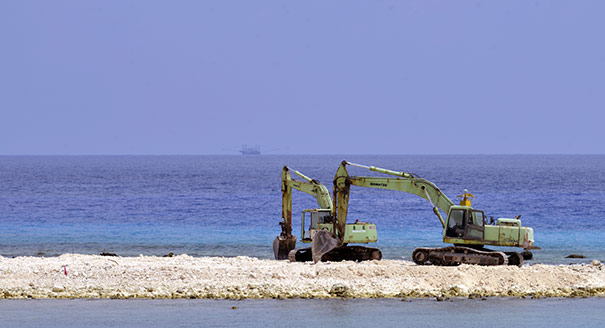Source: National Asian Security Studies Program
As the environment in the SCS grows increasingly hostile, managing tensions in these waters has become crucial. This essay examines India’s approach towards the South China Sea dispute and the role it can play as a middle power in the region. The paper argues that New Delhi’s stance on the issue has gone through prominent changes under the leadership of Narendra Modi in line with India’s changing outlook on maritime security as a whole. The first section examines India’s approach towards the South China Sea, underlining the changes in its policies. The second section explores the role of a middle power and New Delhi’s contribution in stabilising the situation. The conclusion briefly suggests further avenues for cooperation that would establish a constructive role for New Delhi in its relationship with Southeast Asia.
This article was originally published as a National Asian Security Studies Program Issue Brief.





